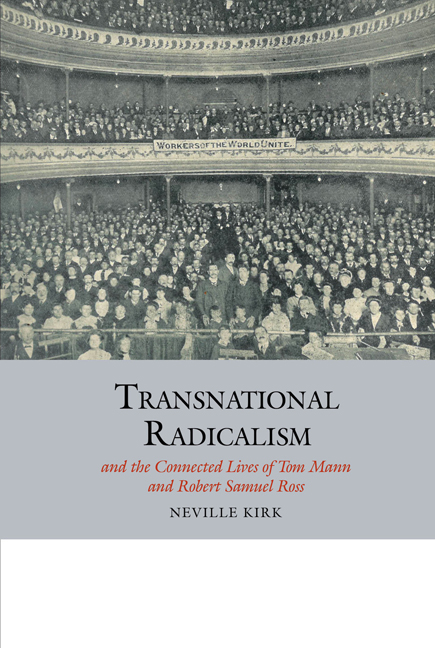1 - Issues and Debates
from 1 - The Transnational Context
Summary
Introduction
Since its ‘golden age’ of the 1960s and 1970s, indeed throughout its entire history dating back to the nineteenth century, British labour history has been predominantly empirical, pragmatic and eclectic in character. Much the same conclusion may be drawn for labour history in general, especially in ‘the North’ and ‘the West’, including Australasia. At the same time, however, labour historians have either initiated or taken part in important historiographical, conceptual and methodological debates and issues both within history as a discipline and across the humanities and social sciences in general. For example, Britons E. P. Thompson and Eric Hobsbawm, along with their American counterparts, Herbert Gutman and David Montgomery, pioneered debates about class, culture, history ‘from below’, materiality, ideology and politics from the 1960s onwards, while Eugene Genovese's work on slavery alerted not only his American compatriots, but also British and European historians, to the importance of forced labour and race. During the same period, Dorothy Thompson and Sheila Rowbotham in the United Kingdom (UK) and Alice Kessler-Harris and Joan Scott in the USA laboured long and hard to persuade male colleagues that gender was ‘a useful category of historical analysis’ that should, as a matter of course, be an integral part of the study of history, including labour history. Since the later 1970s, labour historians globally have taken part in important debates about the ‘linguistic turn’, post-modernism, class, gender, race and other forms of identity and allegiance, comparative history and most recently and currently transnationalism and globalism.
Yet it is also the case that ever since the later 1970s, labour history, especially in its former ‘western’ heartlands, has lost much of its earlier appeal and cutting-edge importance. There has developed the widespread view that labour history, complete with its associated key concerns with class and historical materialism, indeed with ‘grand narratives’ in general, has become outmoded and irrelevant – a subject in crisis and even terminal decline.
- Type
- Chapter
- Information
- Publisher: Liverpool University PressPrint publication year: 2017



